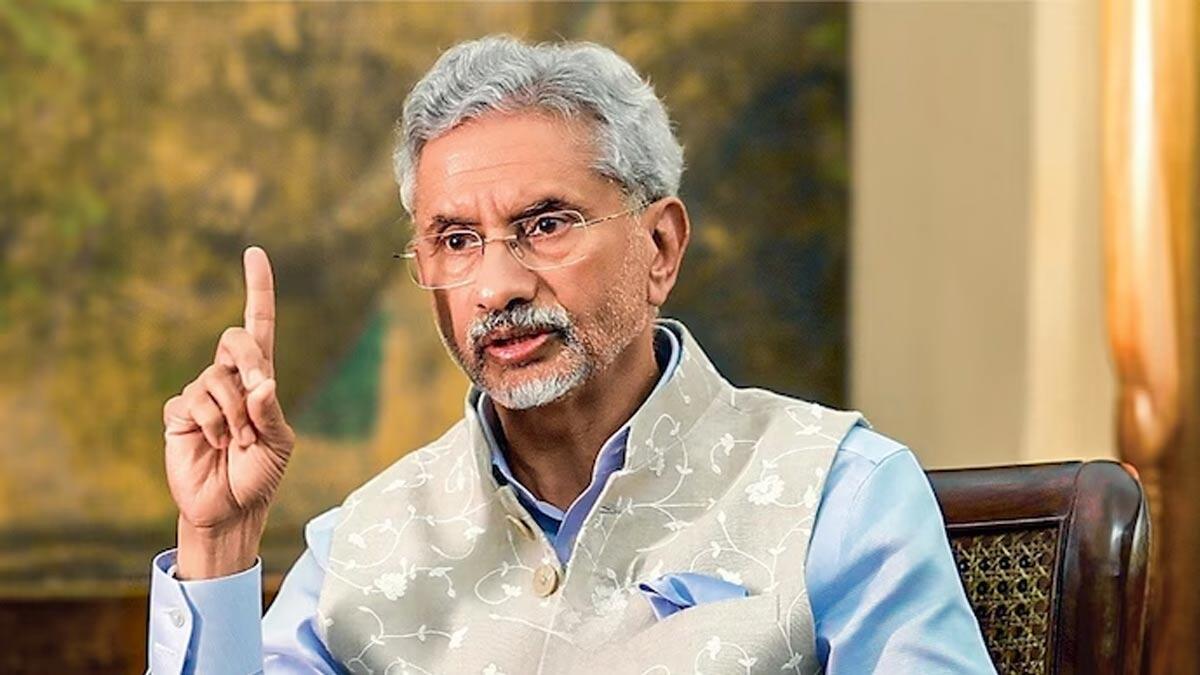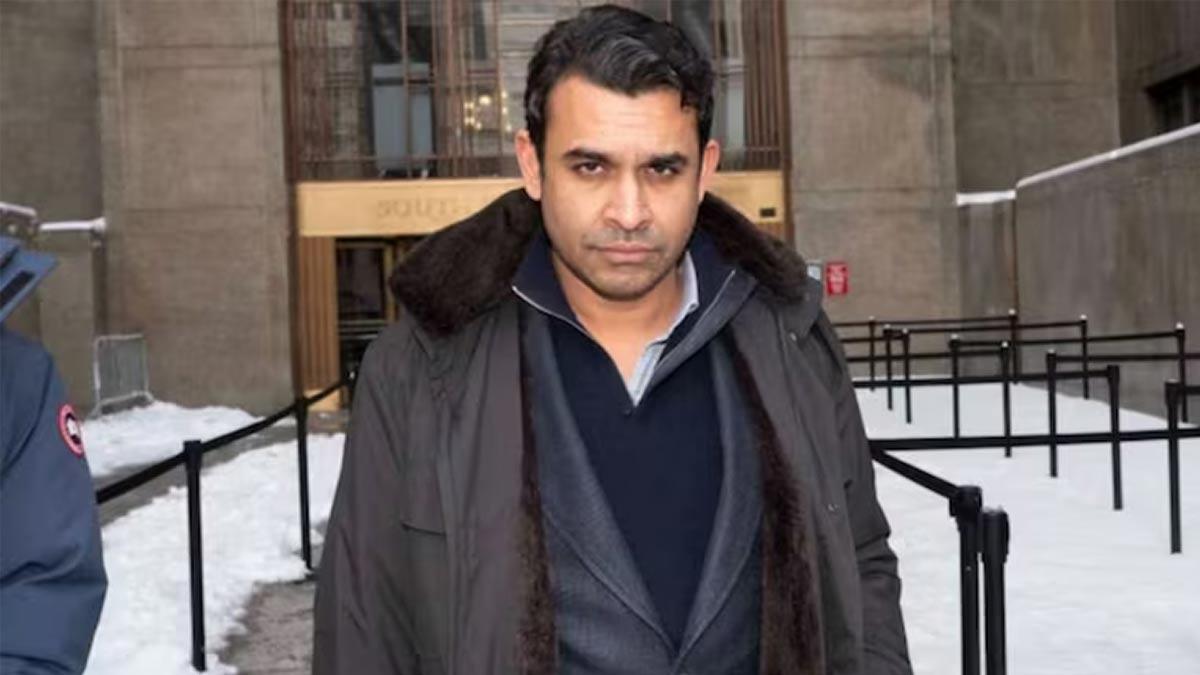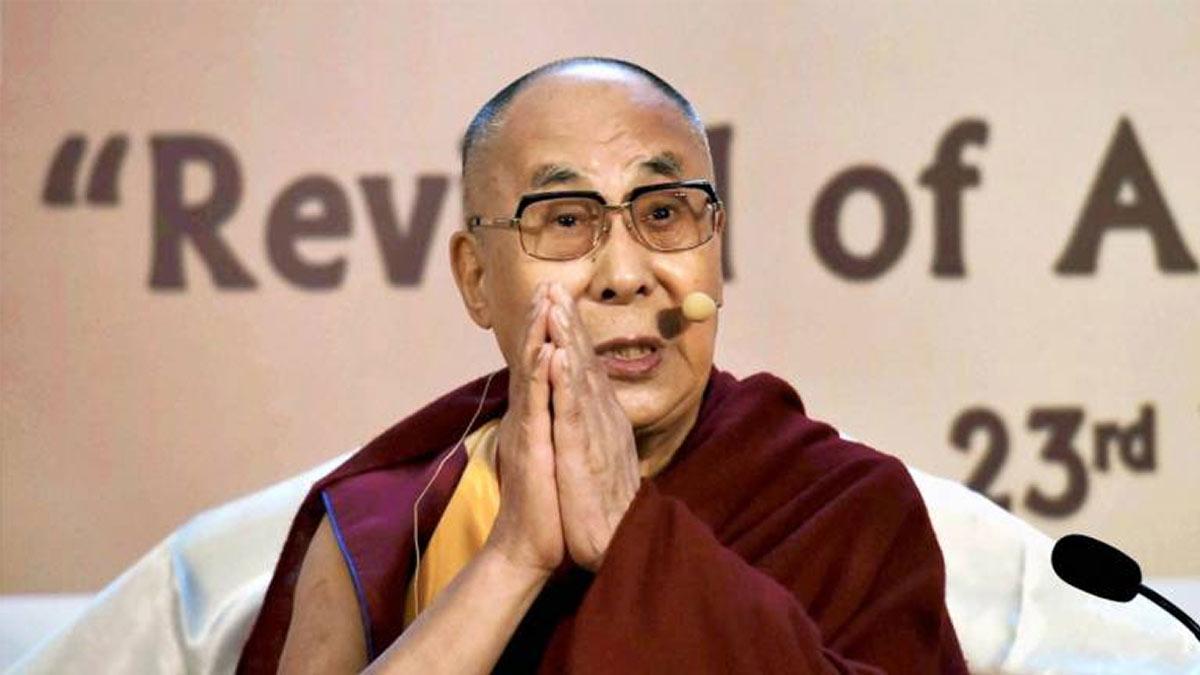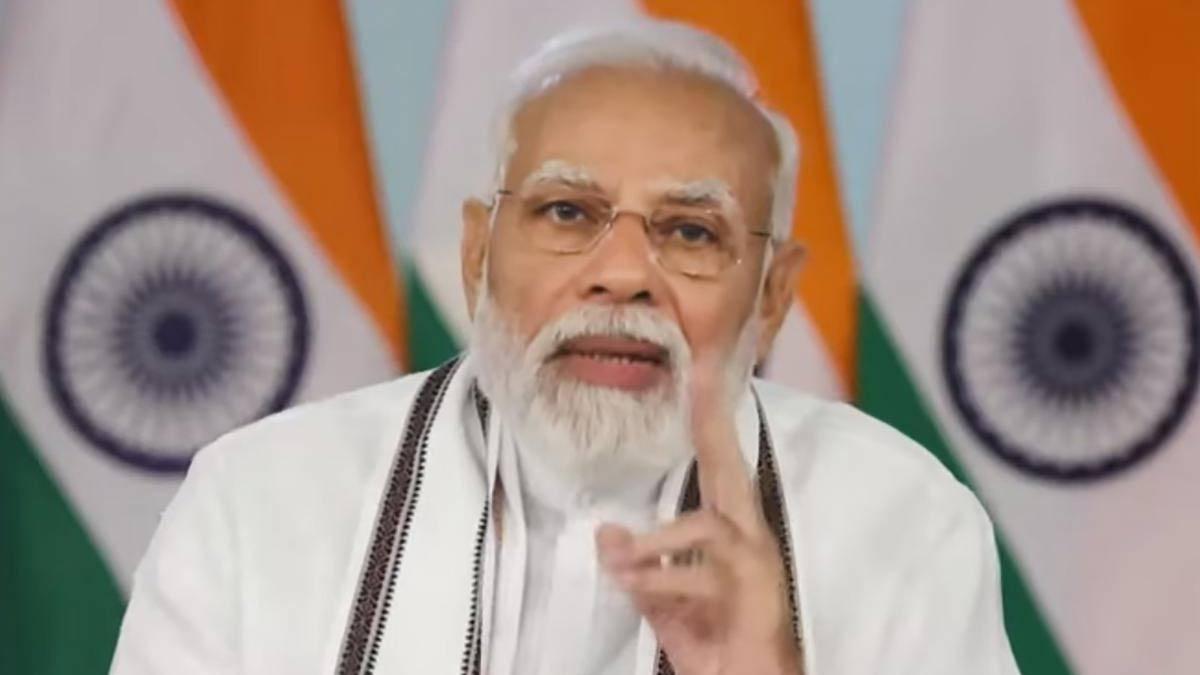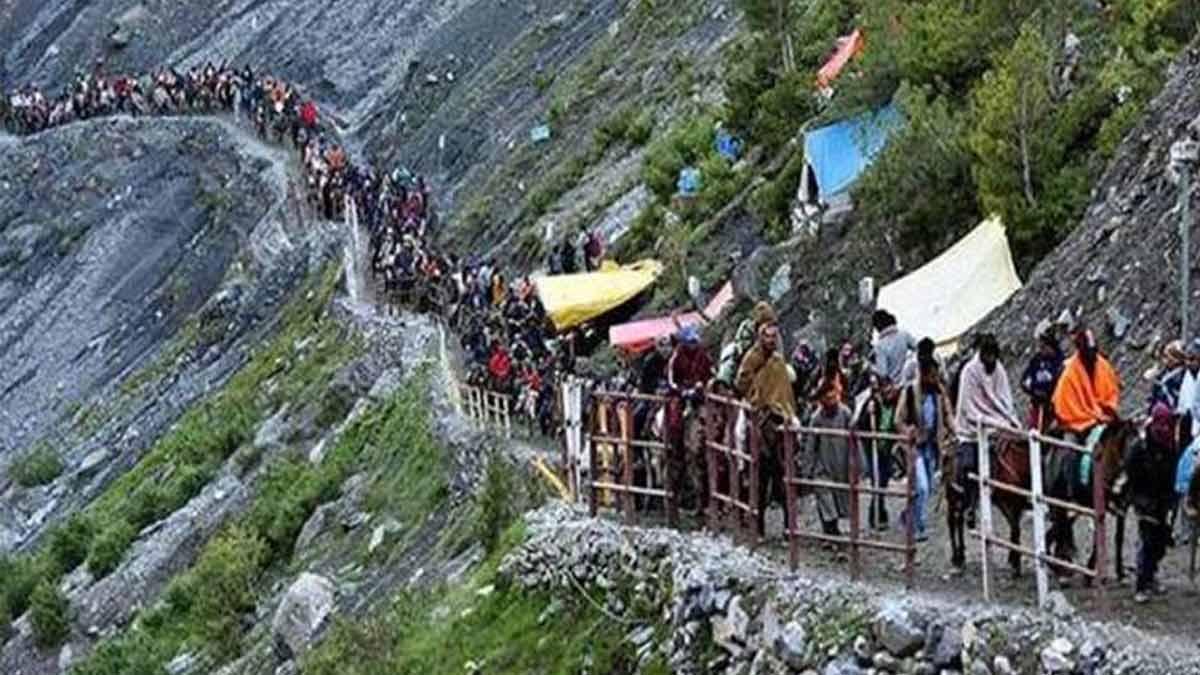The United Nations is like "an old company, occupying space in the market," and is not trying to adapt to the changing world and scenarios, said External Affairs Minister S. Jaishankar on Sunday.
Speaking at the Kautilya Economic Conclave, Jaishankar underlined that the UN has failed to keep pace with the world and compelled it to look elsewhere for addressing pressing global challenges.
"Since this is an economic conclave, let me give you a businesslike answer. The UN, in a way, is like an old company, not entirely keeping up with the market but occupying the space. And, when it's behind times in this world, you have startups and innovation. So, different people start doing their own things," Jaishankar said.
He clarifies that countries want the UN to take the lead on worldwide initiatives when it fails to meet the needs of significant issues; they are left, however, to create their mechanisms.
There is a UN at the end of the day, however suboptimal it is in functioning, but that's the only multilateral game in town. When it doesn't step up on key issues, countries figure out their own ways of doing it, added Jaishankar.
Now, talking about the role of the UN in the Covid-19 pandemic, EAM Jaishankar says, "Probably the biggest thing which happened in our life was Covid. Think about what the UN do on Covid, and I think the answer is not very much."
He referred to the inaction of the UN in the major global conflicts-such as war in Russia and Ukraine or the contemporary crisis in the Middle East.
"There are two pretty serious tensions going on in the world. Where is the UN on them? Essentially a bystander. So what's happening is that as you saw even during Covid, countries either did their own thing or you had an initiative like Covax, which was done by a group of countries," Jaishankar remarked.
"When it comes to the big issues of the day, increasingly, you will find combinations of countries who come together and say, let's agree on this and let's go and do it," he added.
He pointed to recent examples: the connectivity initiative between India, Middle Eastern countries, European countries, and the US; other alliances, such as QUAD and the Coalition for Disaster Resilient Infrastructure, which function autonomously. "The UN will continue, but increasingly there's a non-UN space, which is the active space," he concluded.
India has long been batting for the expansion of the United Nations Security Council in the permanent and non-permanent categories as well as reform in its working methods.
The government headed by Prime Minister Narendra Modi has, on the highest priority, been looking to attain permanent membership for India in an expanded UNSC. The process of UNSC reforms is currently being deliberated upon under the framework of Inter-Governmental Negotiation (IGN) of the UN General Assembly.
The MEA further states, "India is also working along with reform-oriented countries in its G4 partnerships that include India, Japan, Brazil, and Germany, and L.69 Group, which is a cross-regional group of countries from Asia, Africa, and Latin America, for building support among the UN Member States for expansion in both permanent and non-permanent categories."
Read also| EAM Jaishankar Set to Visit Pakistan for SCO Meeting
Read also| 'We Don't Encourage People to Embrace Monkhood', Isha Foundation Clarifies

